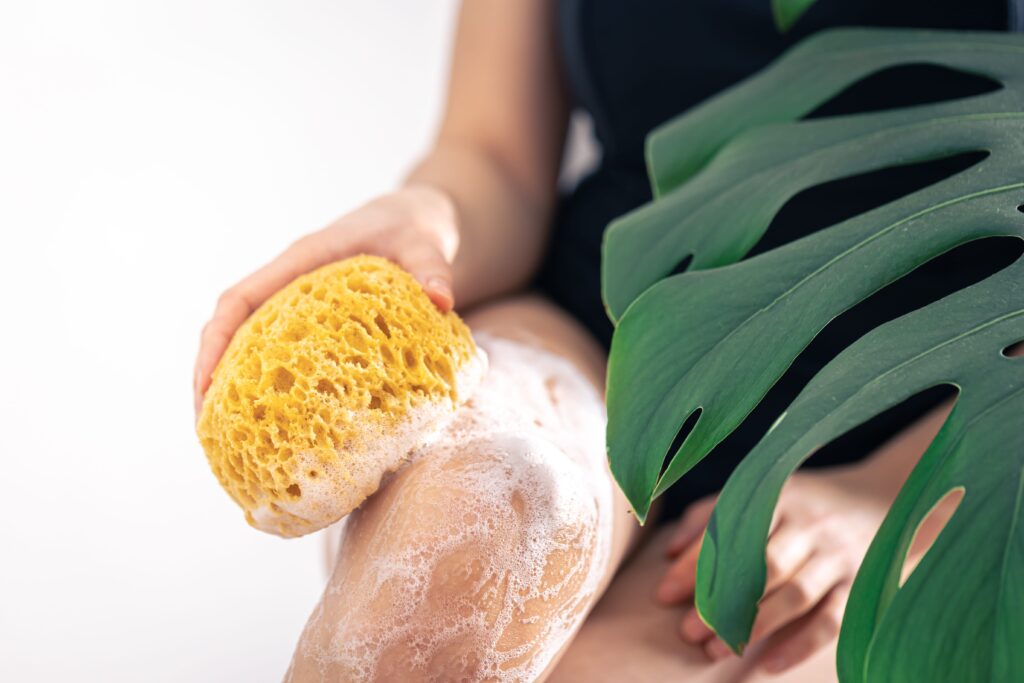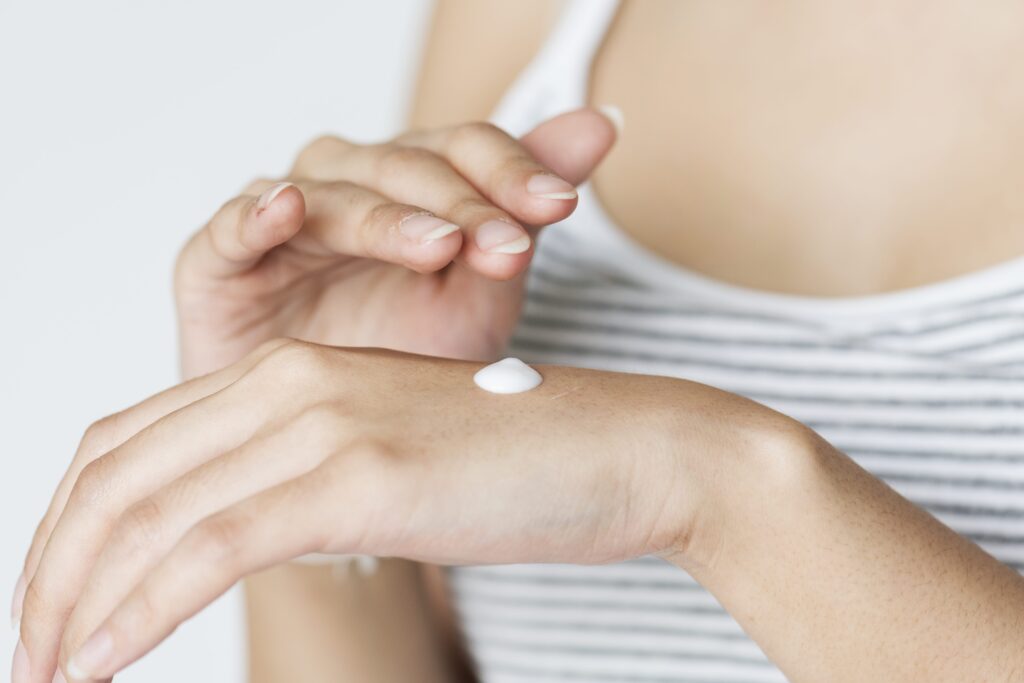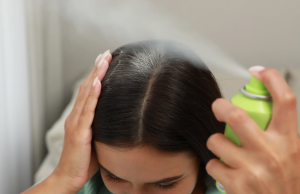
Contents
It is very difficult and important to protect our skin with the decrease in humidity due to the cold weather in the winter months. Cold and dry air causes many diseases, especially eczema, along with drying of the skin. Therefore, it is very important to take care of the skin, especially in the winter months. Recommendations for the guide to keeping the skin moist in winter;
- First of all, you should not take a shower with hot water. The ideal is to take a shower with lukewarm water.
- Shower time should be kept short.
- Excessive heat causes water loss on the skin, so baths should not be used.
- Moisturizer should be applied before your skin is completely dry.
- Lotions have a high alcohol content, so cream should be preferred instead of lotion.
- A pumice stone should be used.
- Masks and peeling should not be done in cold winter months.
- Hand and body creams should be used.
- During the winter months, you should drink plenty of water, eat plenty of fruits and vegetables by paying
- attention to nutrition.
- Moisturize your hands before going to sleep at night.

1- You should wear clothes suitable for the winter months.
Your skin in winter; You must cover your body completely to protect it from rain, wind and snow. It should be protected by using gloves to protect your hands, a scarf or shawl to protect your neck, a hat or beret for hair. It is usual for cold factors to cause diseases such as eczema as a result of the decrease in humidity due to the cold weather conditions in the winter months. In order to prevent these diseases, the skin can be protected with clothes.

2- It should be washed with warm water
It is very important to take a shower with warm water of 36-40 degrees two or three times a week. Taking a shower every day or taking a long wash time dries the skin. For this reason, the shower time should be between 5 and 10 minutes. Negative air pollution, which increases in the winter months, also affects the hair quite a lot. In this case, hair-strengthening care products containing biotin, iron and zinc should be used.

3- Do Not Scrub or Washcloth in the Shower
Cold climate is one of the biggest problems of the skin. Due to the seasonal changes, new problems may occur on your skin. Therefore, you can regain the moisture rate by taking care of the skin, especially in the winter months. The degree of water you pay attention to in the shower and bath is very important in the products you use. Due to the side effects of the dryer, washcloths or washcloths should not be made in the shower. Instead of body gels, cream cleansers with moisturizing properties and prepared for sensitive skin should be used.

4- Use of Sunscreen
The harmful rays of the sun cause spots and wrinkles on the skin. In the winter season, the harmful effects of the sun decrease but continue. In snowy and cold weather, sunburns occur due to sunlight. In order to protect the skin from these harmful effects, sunscreen should be applied 15-20 minutes before going outside. Taking precautions in this way prevents moisture from falling on your skin.

5- Healthy Eating
Consumption of fresh fruits and vegetables, drinking plenty of water, eating walnuts, hazelnuts, peanuts, dried apricots, carrots, tomatoes, greens, avocados provide extra moisturizing to the skin in winter. Along with paying attention to skin care, a healthy diet is also very important.
Natural Recipes Good for Dry Skin
You can get support from the cures that you can make from natural materials at home, prepared for the guide to keeping the skin moist in winter.
- Honey, egg and olive oil trio is one of these cures. Mix the honey and olive oil well with the egg yolk. Apply the homogeneous mixture to your dry skin, wait for 20 minutes and wash with warm water.
- Thanks to the lactic acid contained in milk, milk and cream are among the factors that will restore moisture to the skin. For this, milk or milk cream can be applied to the skin or applied as a mask upon request.
- Coconut oil and avocado oil are natural ingredients that are good for skin dryness. These oils are applied to the skin in a thin layer and then the skin is washed with warm water. In this way, the moisture value lost in the skin is regained.
1- Oats
Oatmeal is rich in vitamins and minerals. And one of the most important factors is fiber. Sufficient fiber is required for the skin and body to alleviate redness and prevent dead skin. However, fiber naturally strengthens metabolism and is an important factor in healthy gut and skin. It is used to prevent dryness on the skin :
2- Sweet Potatoes
Sweet potatoes give the skin a healthy glow. Thanks to the vitamin A it contains, it prevents damage to the skin, especially dryness. It reduces the flaky looking skin on the skin and helps a lot to renew the skin. It also fights colds during the winter months.
3- Water
It is important that we choose a few guides to keep the skin hydrated during the cold winter months. One of the most effective ways to prevent skin dryness, which is common in cold weather, is to consume plenty of water. Water is one of the most powerful factors that moisturize the skin. It also prevents cracks and wrinkles on the skin.
4- Coconut
The benefits of applying coconut oil to the skin are many and it is a well-known method. However, eating the fruit will help you a lot in this regard. Consumption of coconut fights the formation of acne and keeps the skin moist. Taking care to keep the skin moist keeps the person looking healthy and young.
You can prevent the problem of dry skin by using the right skin care, balanced diet, paying attention to personal care sensitivities, staying away from stress enough, and taking advantage of natural cure support on a daily basis. Dry, worn and tired skin prevents you from experiencing winter nightmares in line with these recommendations.
How Cold Weather Affects Skin
Due to the cold weather, crowded areas such as workplaces, public transportation vehicles, shopping centers are usually not adequately ventilated. Due to the heating systems in crowded areas, the heated area remains without moisture, causing the skin to dry and crack.
In the winter season, the oil rate decreases and the water rate, which should be ten percent in the skin, decreases. The color of the dry skin becomes dull and turns into a gray-white color. The lines on the skin become deeper and gain the appearance of rough scales. With advancing age, the decrease in the fat layer quickly reveals these problems on the skin. The dryness of the skin is due to the fact that the sebaceous glands do not produce oil. The decrease in humidity is due to the fact that the water requirement is not met sufficiently. Especially in the winter months, the wind increases the effects of cold and prevents the moisture in the skin, causing the skin to cool. During the winter months, it is important to maintain the moisture of the skin and to eat a healthy diet on a regular basis. The effect of cold weather not only on drying, but also causes many reasons such as cracking and bleeding on the skin.






